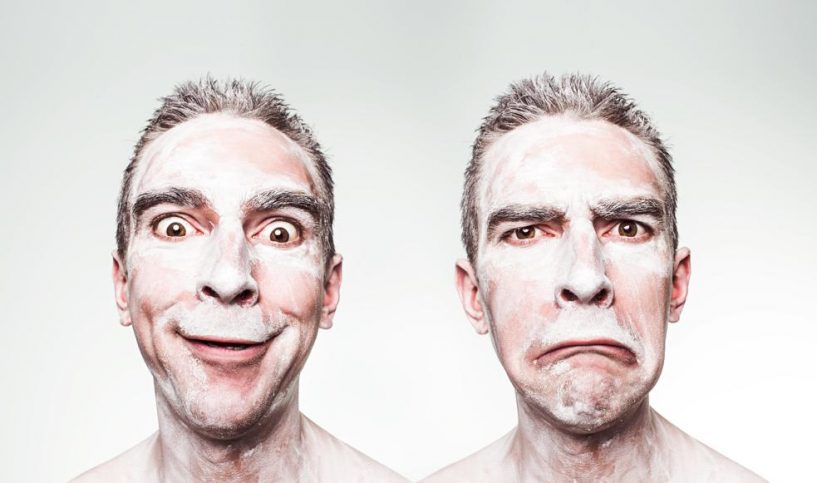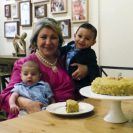With crime at an all time high and war wreaking havoc in vulnerable regions, it is hard to say that the world is developing. However, statistically, it is. Through using out-dated and superfluous equations and methods of measuring development, the state of affairs in some countries is being misread and subsequently painted in the wrong light. If we view the future of the planet as a desolate and desponded one, there is no chance for sustainable growth backed by a positive outlook of the ‘end point’.
Although the recent oil price slumps are not an immediate concern for Kuwait’s economic future, they are certainly going to have an effect on the largely stable forecasts. Nevertheless, by focusing solely on the monetary facet of Kuwaiti-living, the cultural, educational and health quality aspects of an existence in this country are entirely excluded. Perhaps if a more inclusive index was used, Kuwait could be seen from a fresh perspective and important societal issues identified and dealt with.
Gross Domestic Product (GDP) – or Gross National Product (GNP) – was dubbed the most used measure of development in the 1990s. With its equity-oriented method of measurement, GDP utilizes government spending, import and export earnings, citizen spending and investments to determine a monetary figure on an annual basis.
However, one of the most significant problems with this system is the ‘iceberg effect’ that it creates. Through simply measuring the wealth of a country and omitting the ‘illth’, it not only produces an inaccurate statistic but also ignores any cost falling outside of the four – very limited – factors or anything that happens to be free. For example, spending towards exercise facilities such as a gym membership is accounted for, whilst free leisure activities such as a walk to the shops or a bicycle ride through a park essentially sink under the radar. Living in Kuwait cannot only be monetarily measured by how much one could potentially spend at a mall on a typical day out, but should take into account the wealth of activities one can take advantage of outside the parameters of expenditure. Furthermore, medical ‘costs’ – such as palliative home-care and addiction – are not included in the equation. In this way, GDP only looks at the ‘tip of the iceberg’ from a generalized and unequal viewpoint.
Perhaps one of the most collaborative ways of measuring development in its many forms is through the use of the Happy Planet Index (HPI). As stated by Nic Marks, well-being expert and creator of the HPI, the world needs to find “happiness that does not cost the earth”. The index utilizes three key components to produce a comprehensive and multi-faceted result:
By taking into account the experienced well-being of a nation or group of people, a subjective light is thrown on the process, allowing the citizens to explain their own situation, rather than use income and expenditure as a representation of their quality of life. In addition, the incorporation of a nation’s ecological footprint creates a focal point on the state of the environment. This not only helps to identify environmentally detrimental trends but also provides an incentive for governments to encourage ‘greener’ living, in order to raise their HPI rating. In any case, an index that motivates an ‘all rounder’ approach to improving the standard of living is an excellent step forward.
Marks believes in five ‘positive actions’ that we can perform in order to improve both individual and widespread well-being. Firstly, we can connect with our loved ones and put more energy into maintaining our relationships with them. Secondly, we need to be more active in order to cultivate a healthy body and sound mind. Thirdly, we must take notice of the things that are changing around us. Being more aware of the changes surrounding us will make us care more about them, whether they may be regarding close friends or the state of our immediate environment. The fourth ‘secret to happiness’ is to keep learning. Continued learning – throughout the whole lifespan and not simply in our younger years – is proven to result in a healthier older age demographic, as they avoid the slippery slope of shutting down in their later years. Finally, Marks believe that we need to give in order to be content as individuals. Compassion and generosity are the cornerstones of a happy life; when you feel happy, you want to give not only to yourself but also to other people, as a reward mechanism. This is possibly one of the most important ‘actions’, as it produces a cycle of repeated generosity, essentially passing the happiness along.
Perhaps if we follow Marks’ five steps to well-being, there is a chance for Kuwait to grow culturally and socially, and more importantly create a palpable illustration of what life is like in the GCC without such a focus on the minute changes depicted on many economics charts.








